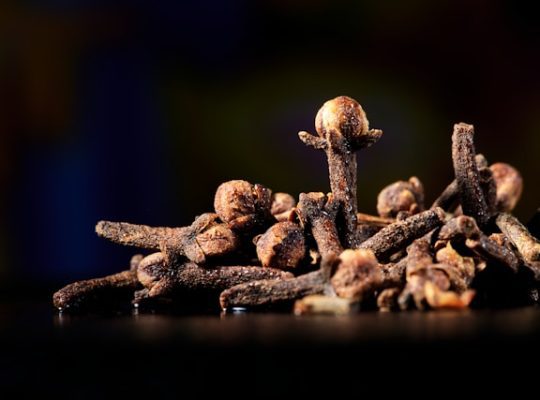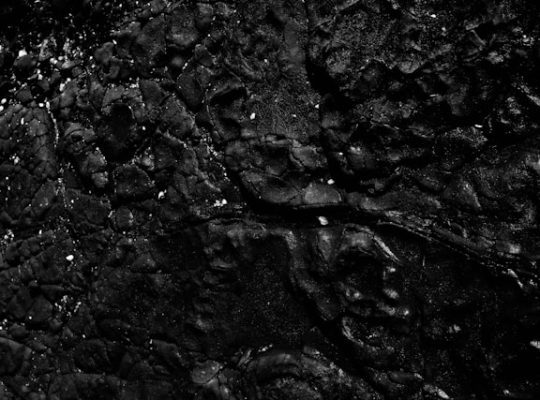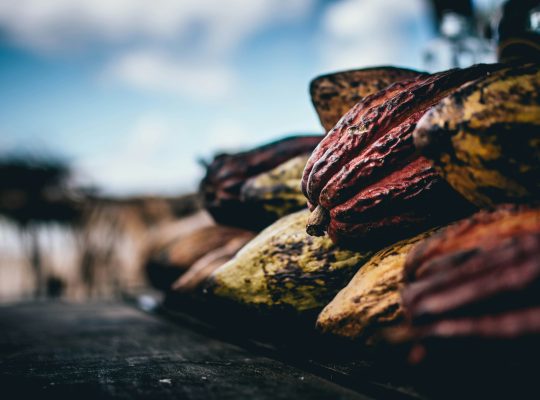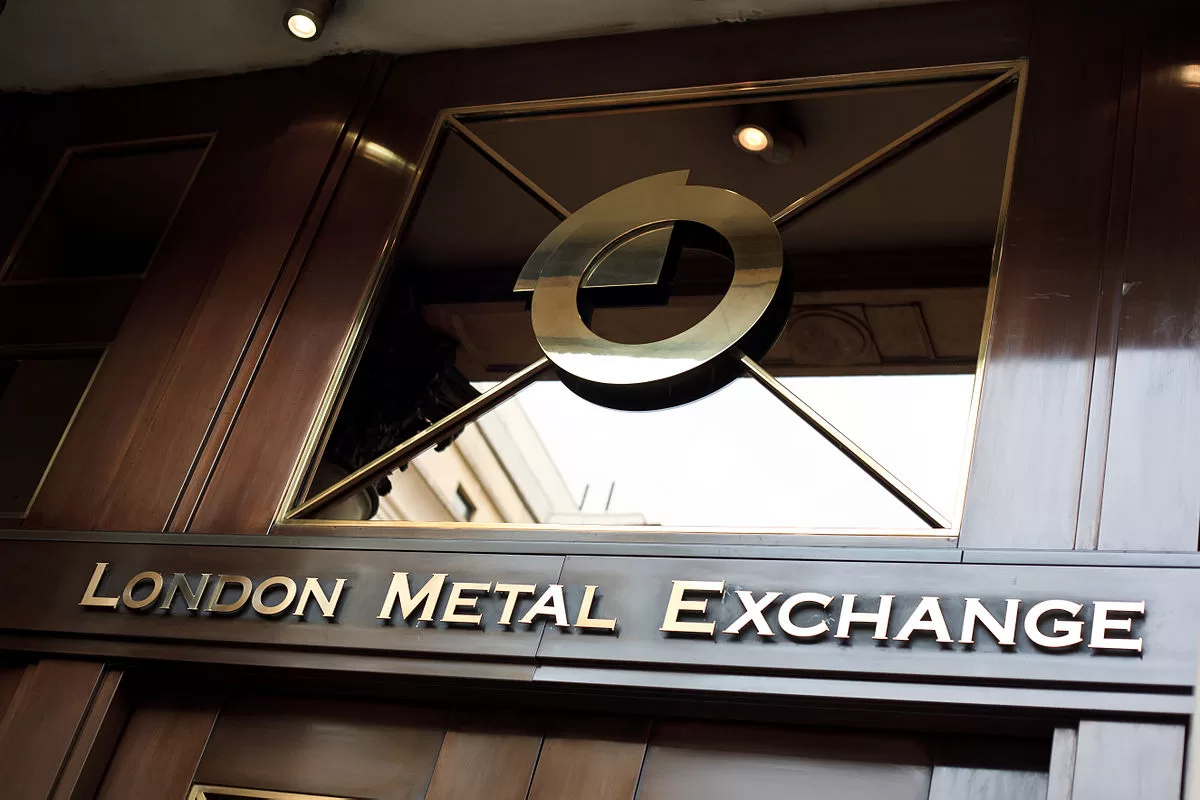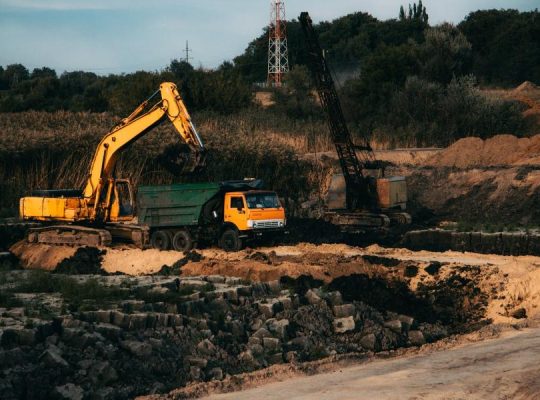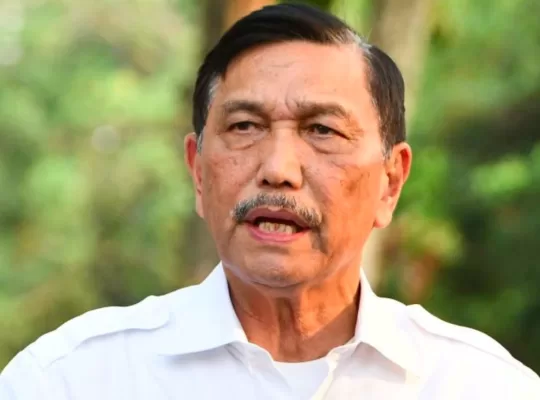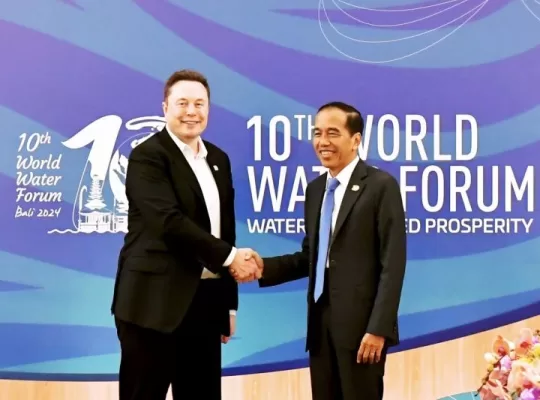The London Metal Exchange (LME) has recently recognized the first-ever Indonesian nickel brand, marking a significant moment for the global nickel industry. The inclusion of the new brand, identified as “DX-zwdx” on the LME’s good delivery list, is a key indicator of Indonesia’s growing influence in the nickel sector.
Just five years ago, Indonesia was primarily mining about 600,000 metric tons of nickel annually, mostly exporting it as raw ore to China for further processing into stainless steel. However, by last year, the country’s nickel production had surged to 2.03 million tons of metal, accounting for over half of the global output. Indonesia now exports a variety of nickel products, including high-purity metal suitable for LME transactions.
This advancement is a clear validation of Indonesia’s strategic policy implemented in 2020, which banned the export of unprocessed ore to encourage domestic processing. The policy has not only increased production but also diversified the types of nickel products coming out of Indonesia, including those used in electric vehicle batteries.
One notable success is the partnership between the Chinese battery material group CNGR Advanced Material Co. and an Indonesian company, which now produces 50,000 tons of nickel annually that meets the high purity standards required for LME listing.
Despite some international disputes, such as a challenge by the European Union at the World Trade Organization, which Indonesia appealed, the country’s strategy has proven effective. It has not only enhanced production capabilities but also significantly altered global nickel trade patterns. Since the ban on raw ore exports, there has been a substantial increase in the export of processed products like ferronickel and nickel sulphate to China.
However, the structural shift in the nickel market extends beyond just quantitative increases. With new processing methods, Indonesia is gradually reducing its dependency on ore exports and is enhancing its role in the sophisticated global battery supply chain.
The article concludes by hinting at a continued bright future for Indonesia’s nickel industry under the new leadership of President Prabowo Subianto, who aims to continue leveraging Indonesia’s nickel resources to transform the country into a hub for global electric vehicle production. Further strategic projects, including the development of industrial parks dedicated to nickel processing, are expected to bolster this growth.




